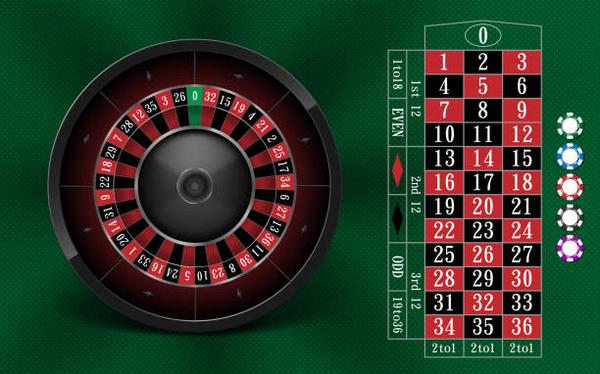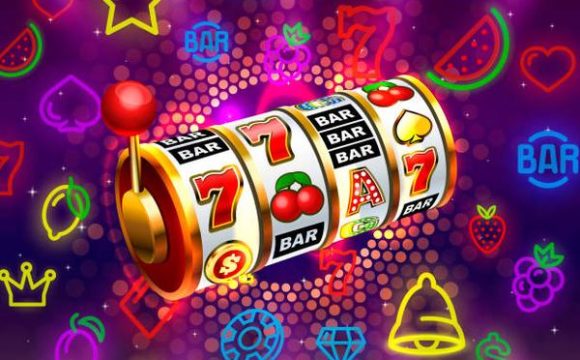Gambling has been a popular form of entertainment for centuries, with people from all walks of life trying their luck in the hopes of winning big. While some may view gambling as a purely luck-based activity, there is actually a significant psychological component at play when it comes to winning.
One key aspect of understanding gambling behavior is the concept of reinforcement. When someone engages in gambling and wins, they receive a positive reinforcement in the form of money or other rewards. This positive reinforcement can lead to an increase in the likelihood that the individual will continue to gamble in the future, as they associate the activity with feelings of pleasure and success.
On the flip side, losing while gambling can also have a powerful impact on behavior. When someone loses money while gambling, they may experience negative emotions such as frustration, disappointment, or regret. These negative emotions can act as a punishment for engaging in gambling and may decrease the likelihood that an individual will continue to gamble in the future.
Another important factor to consider when examining gambling behavior is risk-taking propensity. Some individuals are naturally more inclined to take risks than others, and this trait can influence how they approach gambling. People bos868 who are high in risk-taking propensity may be more likely to engage in high-stakes gambling activities and take greater risks with their money.
Additionally, cognitive biases play a role in shaping how people perceive their chances of winning while gambling. For example, individuals may fall victim to the gambler’s fallacy – the belief that past outcomes will influence future outcomes – leading them to make irrational decisions based on faulty reasoning.
Understanding these psychological factors can help us better comprehend why people engage in slot machine gambling specifically. Slot machines are designed to be highly addictive by employing various psychological tactics such as near misses and visual stimuli that trigger dopamine release – a neurotransmitter associated with pleasure and reward.
In conclusion, winning at slot machine gambling involves more than just luck – it also involves complex psychological processes that shape our behaviors and decision-making strategies. By understanding these psychological factors at play during slot machine gameplay we gain insight into why people continue playing despite potential losses and develop effective strategies for responsible gaming practices. Ultimately, recognizing these underlying mechanisms can help us make informed choices about our own participation in slot machine games while promoting healthy attitudes towards recreational gaming activities overall.







